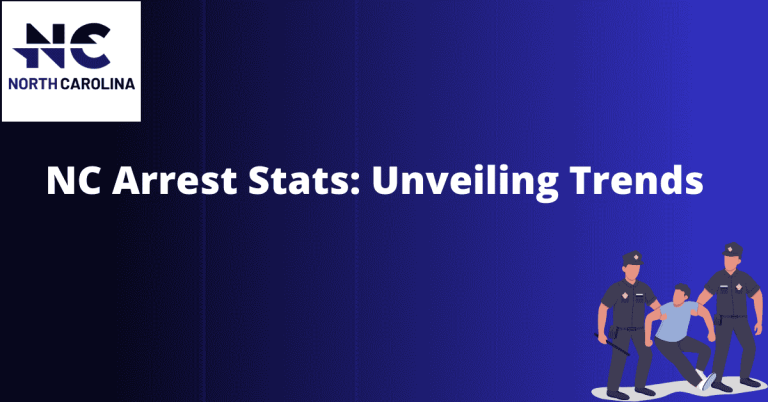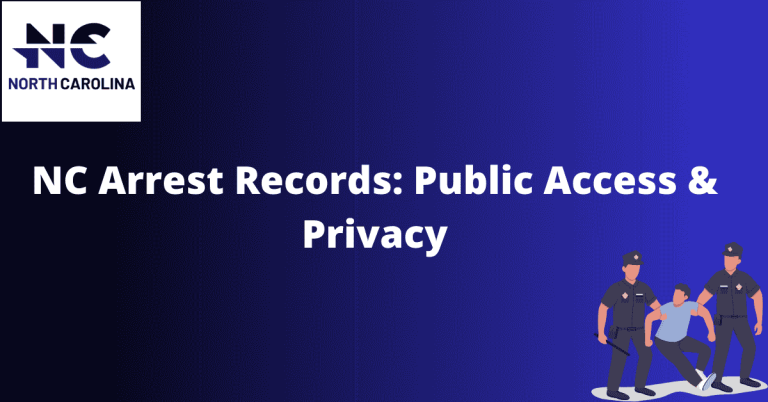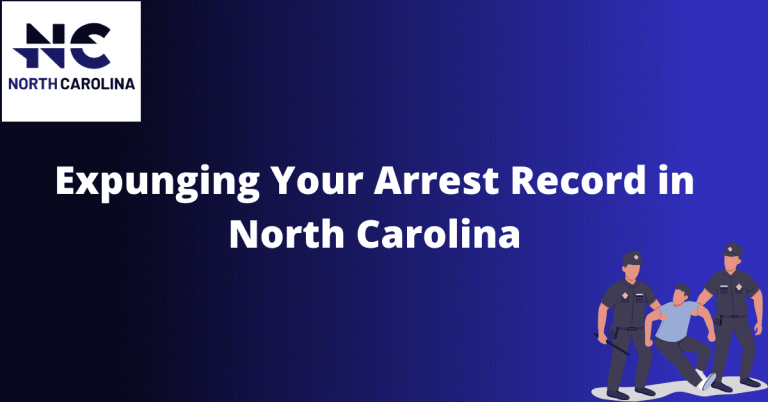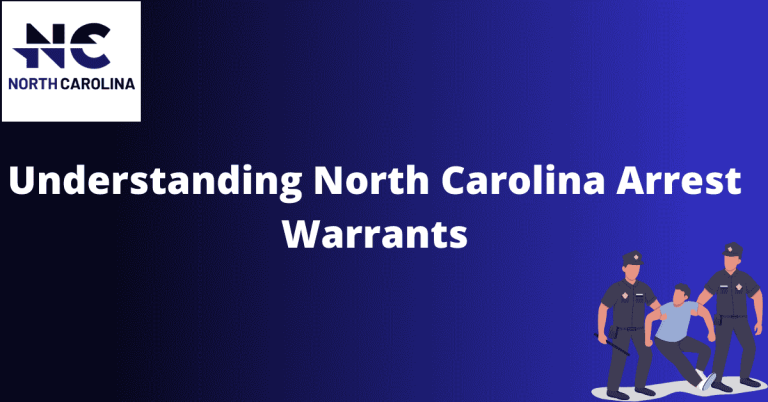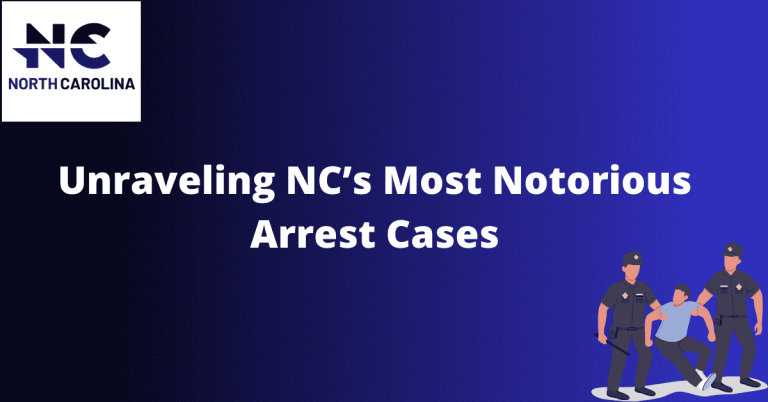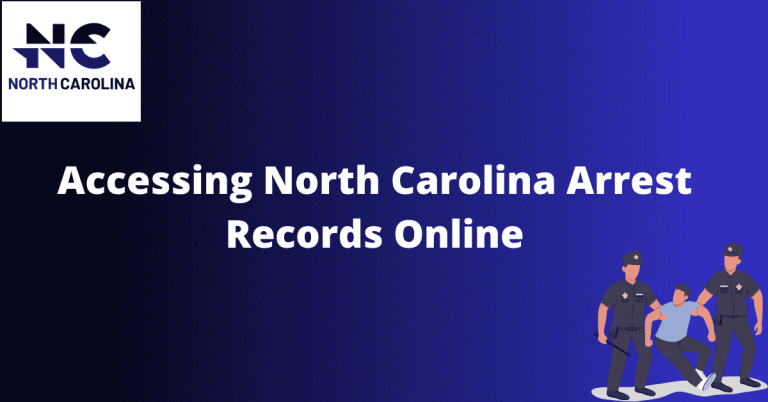Understanding North Carolina Arrest Procedures
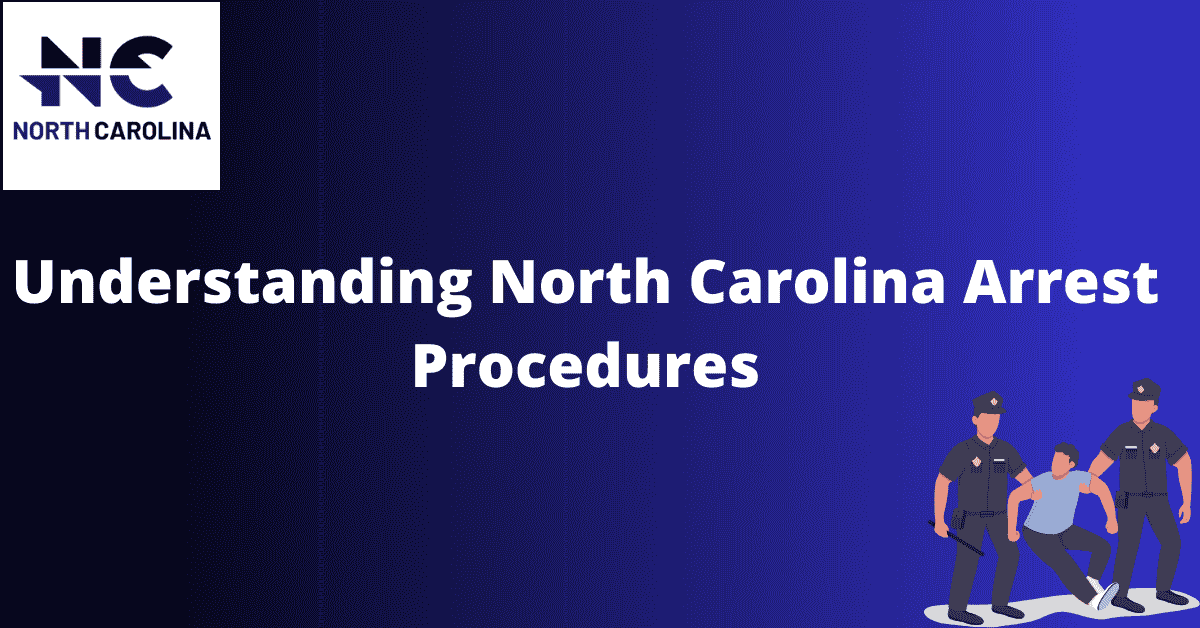
Navigating the North Carolina arrest process can be a challenging experience, whether you find yourself on the wrong side of the law or simply seek information on how the system operates. This article aims to provide a comprehensive guide to help you better understand what unfolds when someone is arrested in North Carolina.
In the Tar Heel State, the arrest process involves several critical stages, each governed by specific rules and procedures. To assist you in navigating this complex system, we will break down the process into manageable sections, explaining the key steps, legal requirements, and your rights at each juncture. From the initial encounter with law enforcement to court appearances and potential outcomes, this article will serve as your roadmap through North Carolina’s arrest process.
Understanding the Arrest Procedure
The first phase of the North Carolina arrest process involves several key elements:
Initial Encounter with Law Enforcement: The journey typically commences with an encounter between an individual and law enforcement officers. This can occur during a traffic stop, at a residence, or in various other scenarios. Understanding your rights and how to handle this initial interaction is crucial.
Arrest Warrant and Probable Cause: Law enforcement must have a valid reason to make an arrest. We’ll delve into the concept of probable cause and how it relates to the issuance of arrest warrants.
Custody and Booking: Following an arrest, the individual is taken into custody and subjected to a booking process. We will clarify what occurs during custody and booking and what you should expect during this phase.
Your Rights When Arrested
When arrested in North Carolina, you possess a set of fundamental rights and responsibilities:
The Right to Remain Silent: You have the right to remain silent to avoid self-incrimination. Discover when and how to invoke this right effectively.
The Right to Legal Representation: Among the most critical rights is the right to an attorney. We’ll discuss the importance of legal representation and guide you on how to secure it.
The Right to Know the Charges: Understanding the charges against you is vital for building a defense. We’ll elucidate when and how you’ll be informed of the charges filed against you.
The Right to a Fair and Speedy Trial: This constitutional right is the cornerstone of the American justice system. We’ll explain what it entails and how it shapes the trajectory of your case.
Legal Proceedings
The arrest process progresses through various legal proceedings:
Bail and Bond: If you’re arrested, you may be eligible for bail. We’ll elucidate the bail and bond process, which allows individuals to secure their release from custody before trial by posting a specified amount of money or collateral.
Arraignment: This formal court proceeding requires you to enter a plea. Gain insight into what to anticipate during an arraignment.
Pretrial Hearings: Prior to the trial, several pretrial hearings may take place. We’ll outline their purposes and significance in the context of your case.
Trial: The trial serves as the focal point of the legal process. We’ll provide a detailed explanation of the trial procedure and the various outcomes that may result.
Potential Outcomes
Upon reaching the trial’s conclusion, various potential outcomes become relevant:
Acquittal: If you are found not guilty, we’ll explore the implications of an acquittal and what it means for your future.
Conviction: In the event of a guilty verdict, we’ll discuss the possible penalties and their impact on your life.
Sentencing: Understanding the sentencing phase and the factors influencing the judge’s decision is crucial for those convicted.
Appeals: Should you disagree with the verdict, we’ll guide you through the process of filing an appeal and seeking a review of your case.
FAQS
Explore our comprehensive Frequently Asked Questions (FAQ) section to find answers to common queries about NC Arrests.
What are my rights when arrested in North Carolina?
When arrested in North Carolina, you have several crucial rights, including the right to remain silent, the right to legal representation, the right to know the charges against you and the right to a fair and speedy trial. These rights are designed to protect your interests and ensure a fair legal process.
How does bail work in North Carolina?
Bail in North Carolina allows individuals arrested to secure their release from custody before trial by posting a specified amount of money or collateral. The court determines the bail amount based on various factors, including the nature of the charges and the defendant’s flight risk. If you comply with the conditions of bail, you can remain free until your trial.
What happens if I’m found guilty in a North Carolina court?
Answer: follows. The judge will determine your punishment, which may include fines, probation, community service, or imprisonment, depending on the severity of the crime and other relevant factors. You also have the option to appeal the verdict if you believe there were legal errors in your case.

